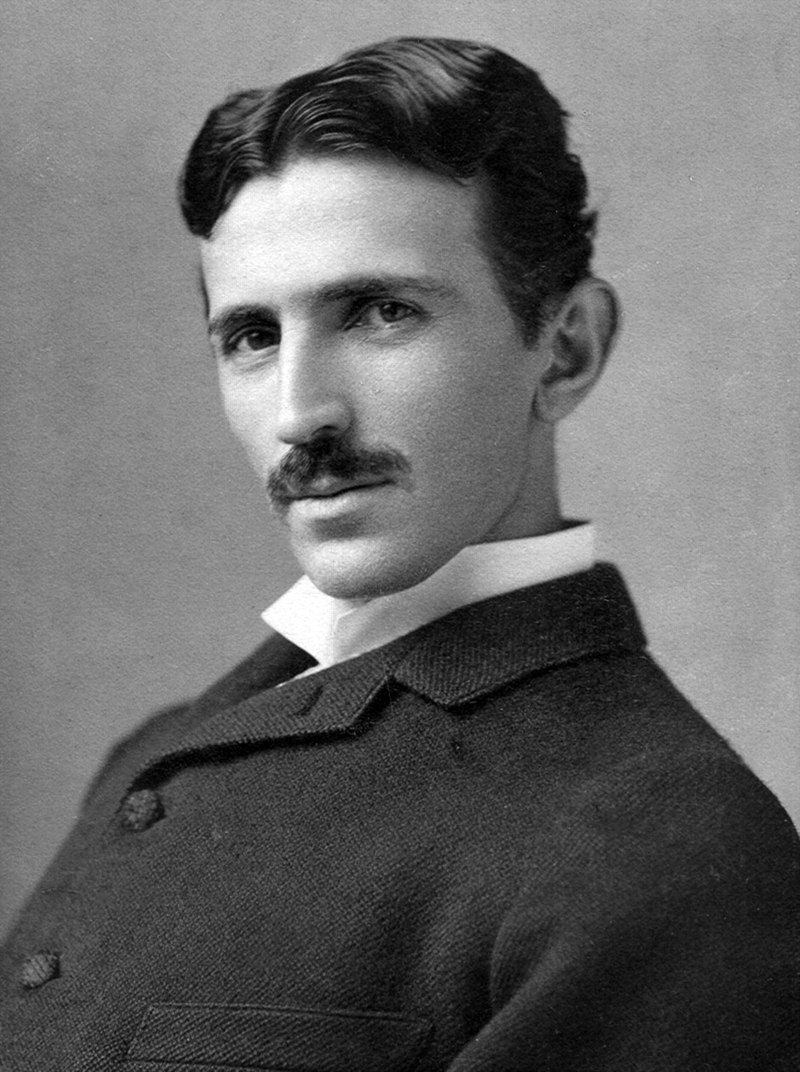Nikola Tesla: The Inventor of the Future
Nikola Tesla's inventive ideas and contributions have shaped the modern world in countless ways, from the electricity that powers our homes to the wireless technologies that connect us today.

Nikola Tesla was a brilliant inventor who lived a long time ago. He was born in 1856 in what is now Croatia. Tesla was fascinated by electricity and had a big imagination that led to many cool inventions. One of Tesla's most famous inventions is the alternating current (AC) system, which helps electricity travel more efficiently over long distances. This is the type of electricity we use in our homes today! Thanks to Tesla, we can turn on lights, use computers, and watch TV. Tesla also dreamed of wireless communication. He wanted people to be able to talk to each other without using wires. While he didn't invent the modern cell phone, his ideas paved the way for the technology we have today. Apart from being a genius inventor, Tesla was also known for his quirky habits. He loved feeding pigeons in the park and had a pet cat. Tesla's inventions and ideas have had a big impact on our world, and we still benefit from them today!
Fun Facts:
Nikola Tesla was a brilliant inventor and engineer who lived during the late 1800s and early 1900s.
He was born in 1856 in Croatia, which is a country in Europe.
Tesla had a vivid imagination and often had ideas that were far ahead of his time.
He was known for his quirky habits, like his love for pigeons and his habit of doing math calculations in his head.
Tesla was an advocate for clean energy and believed in using electricity to make the world a better place.
Timelines:
1856 Nikola Tesla was born in Smiljan, Croatia.
1884 Tesla moved to America to work with the famous inventor, Thomas Edison.
1888 He developed the alternating current (AC) system, which allowed electricity to be transmitted over long distances more efficiently.
1891 Tesla invented the "Tesla Coil," a device that could produce high-voltage electricity.
1893 He demonstrated wireless power transmission, lighting up light bulbs from a distance without wires.
1895 Tesla's laboratory in New York caught fire, causing him to lose many of his inventions and research.
1900s Tesla continued to work on various inventions related to electricity, magnetism, and communication.
1943 Nikola Tesla passed away in New York City, leaving behind a legacy of innovation.
Tesla's Impact on the World:
His legacy continues to inspire scientists and inventors to think creatively and push the boundaries of what's possible.